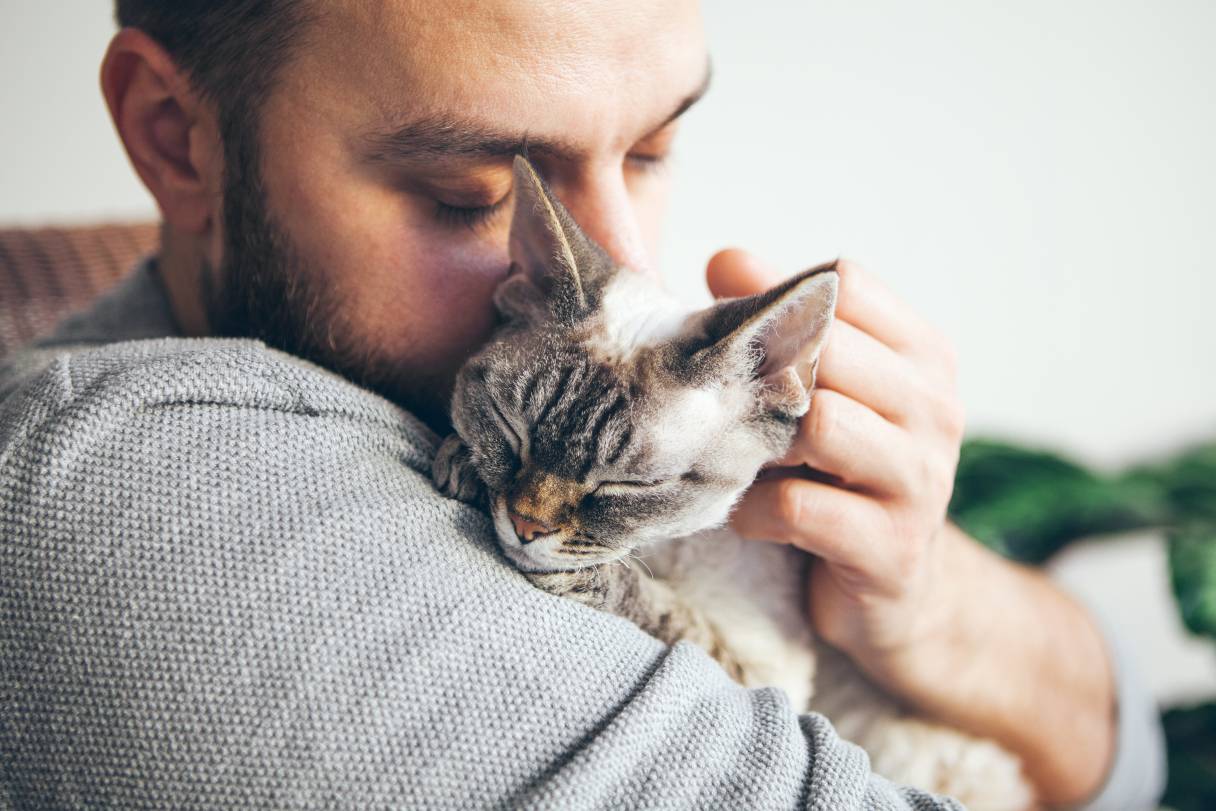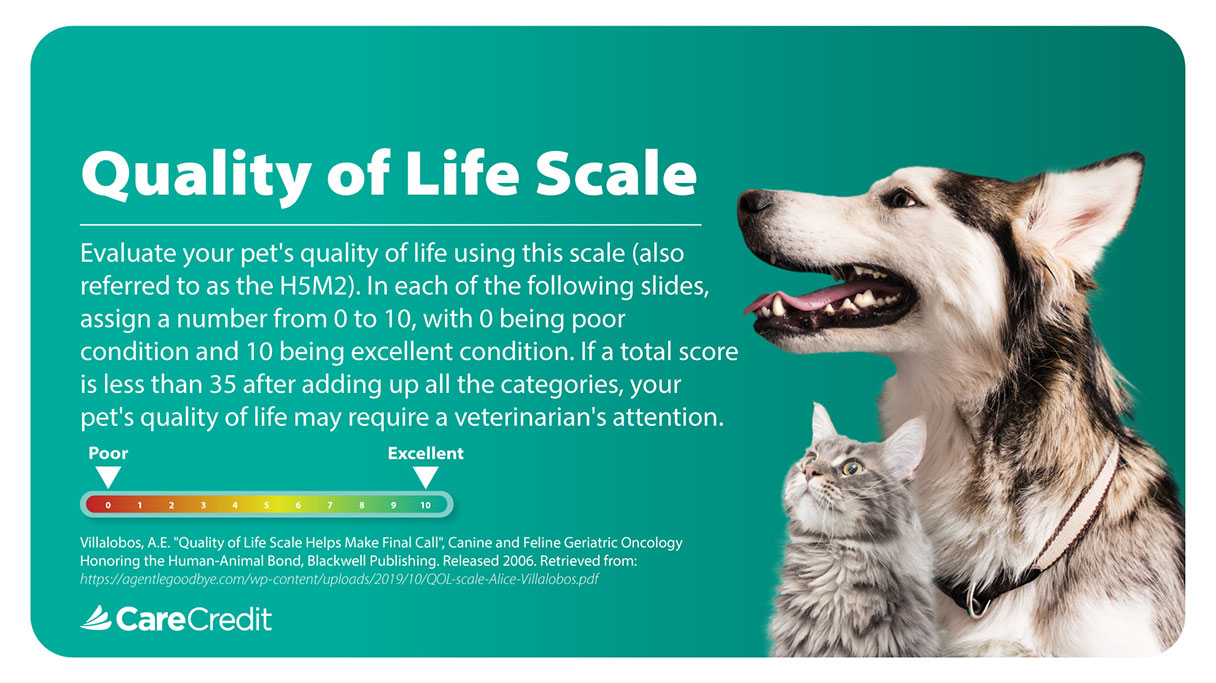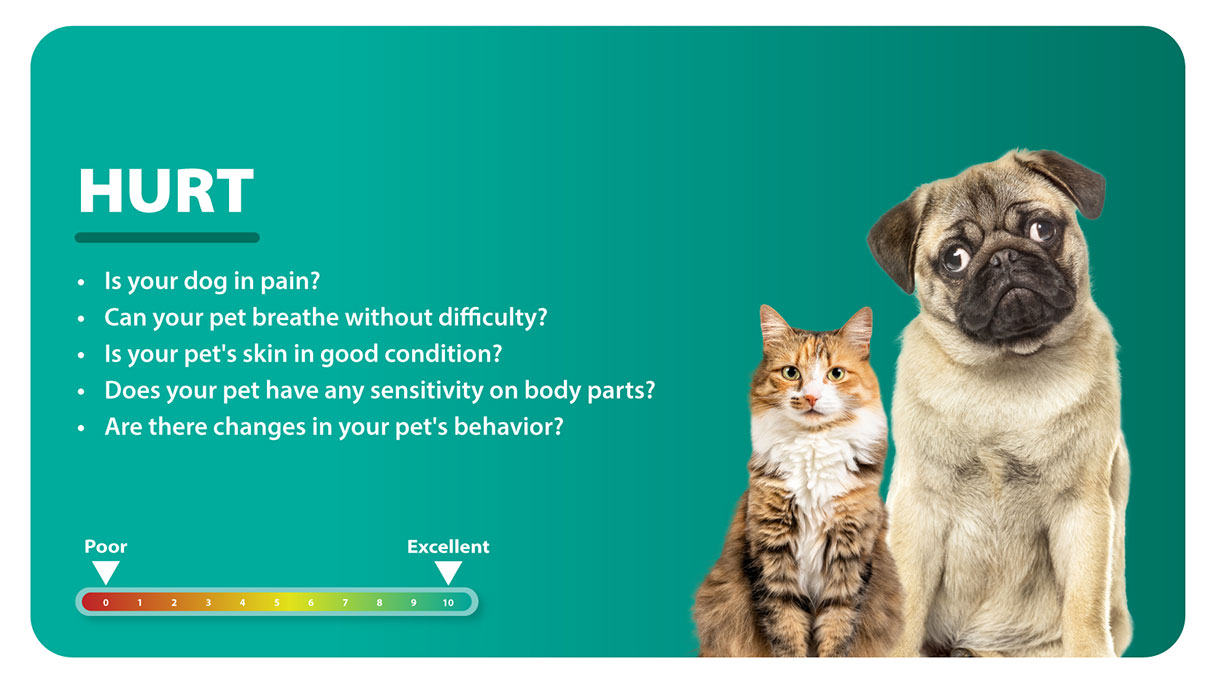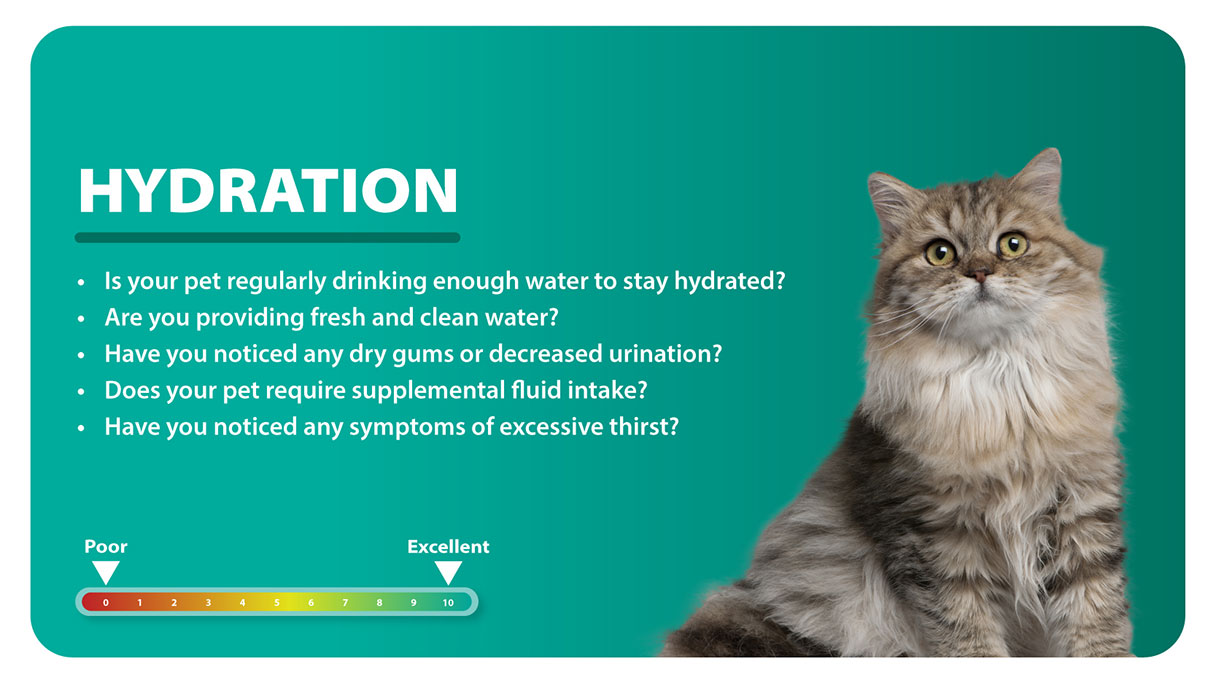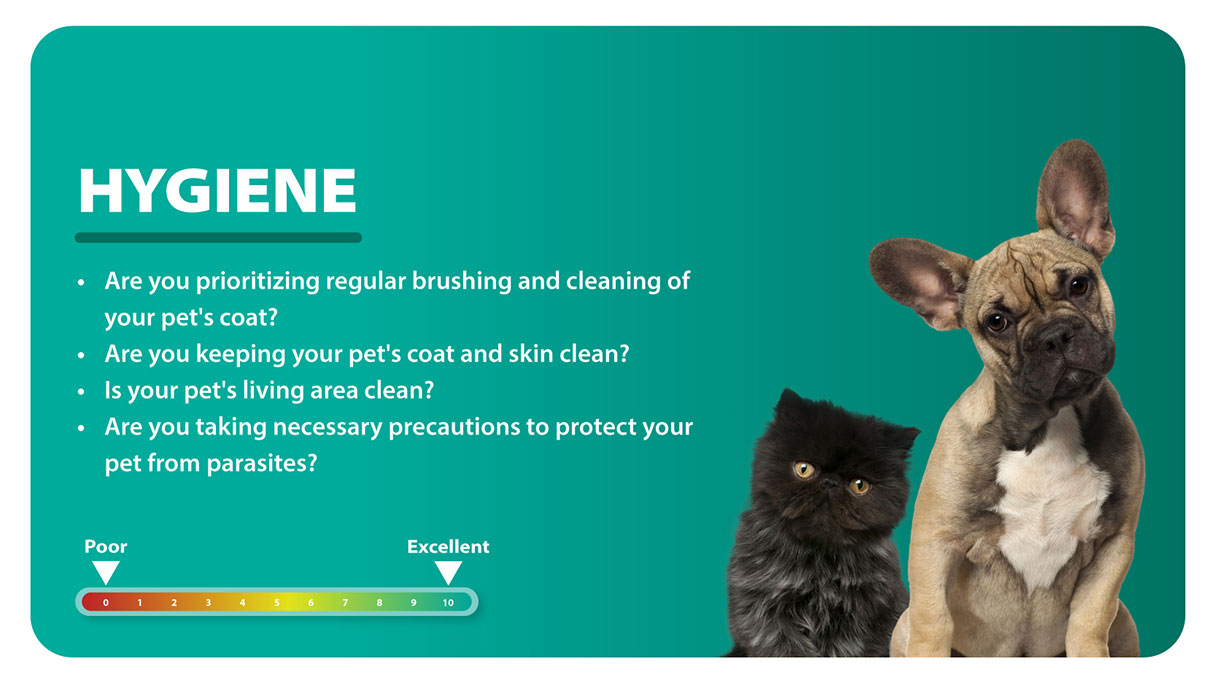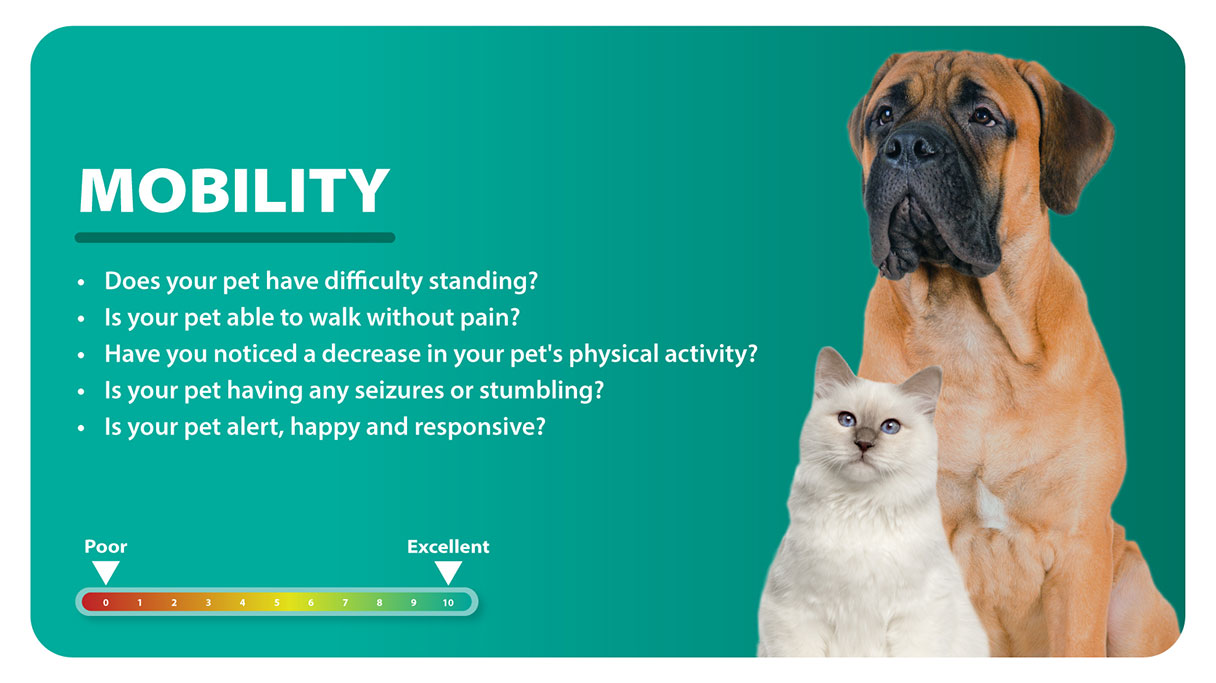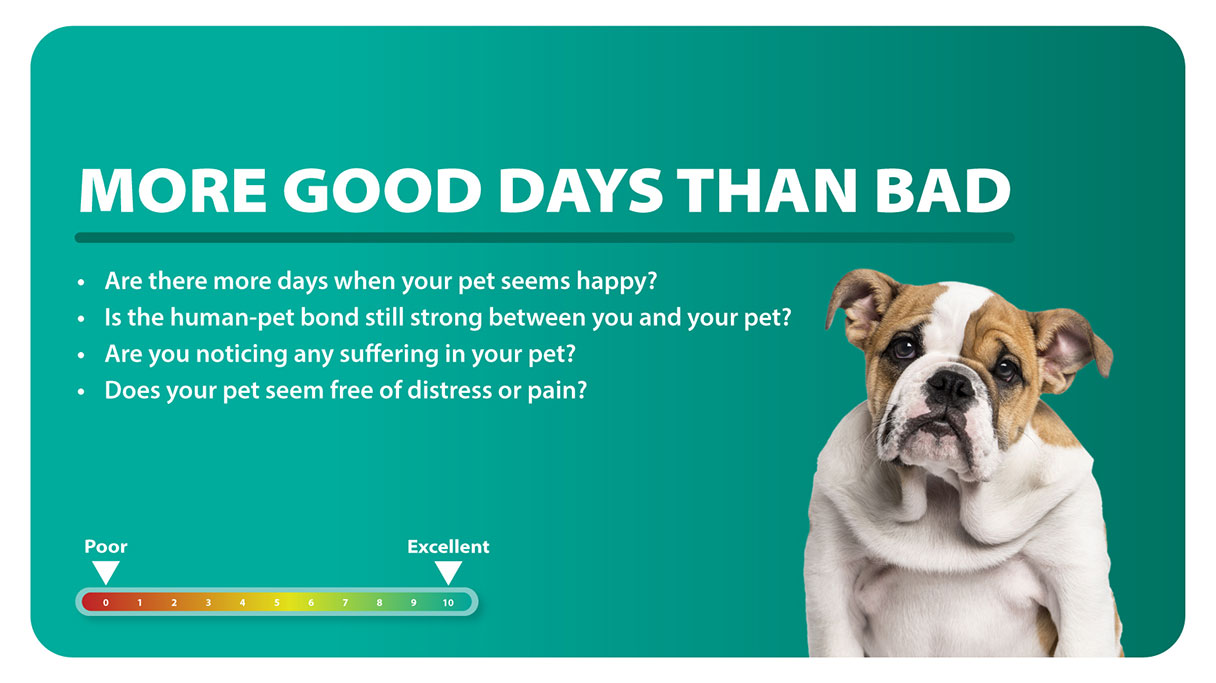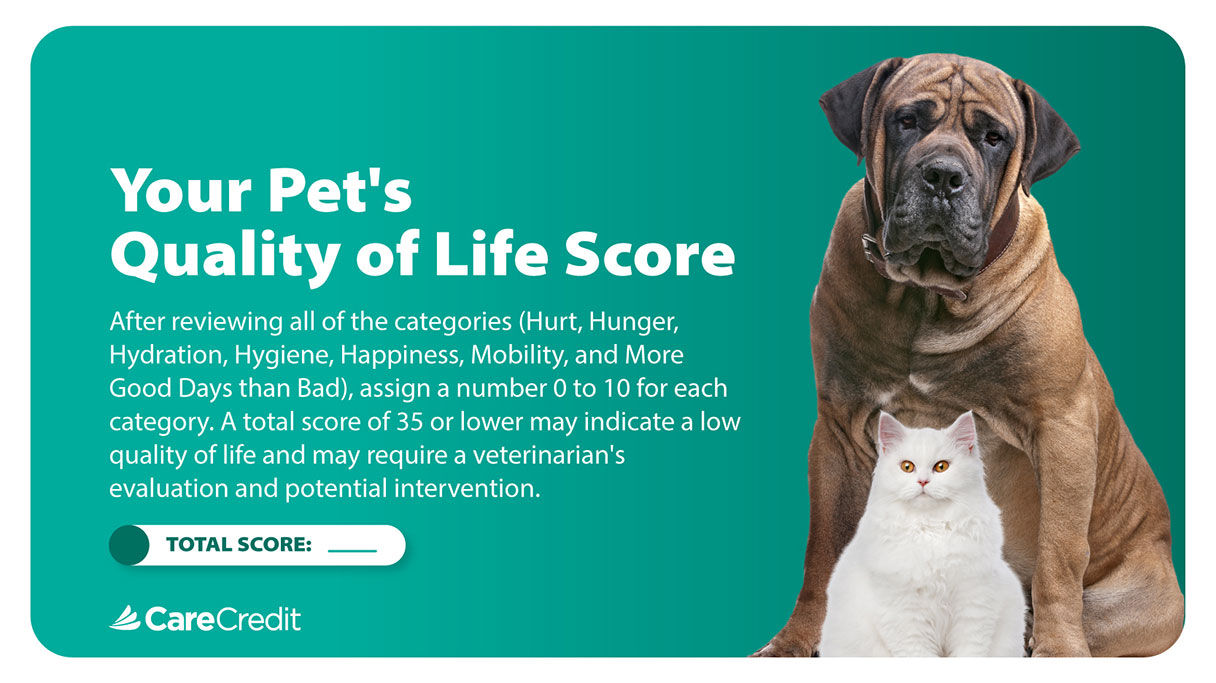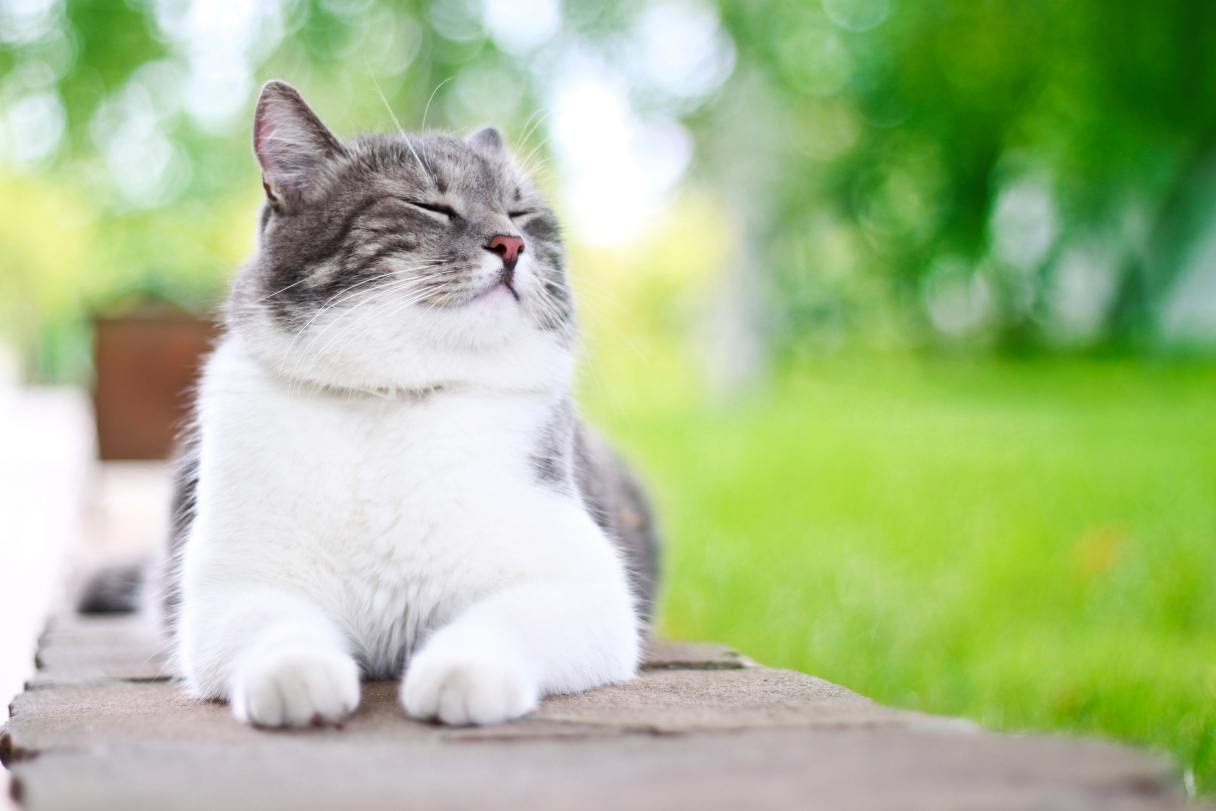Cats are family, and saying goodbye due to illness or old age is one of the most painful things a cat parent will ever do. Putting your cat to sleep when they no longer have the capacity to enjoy life is a difficult decision, but a painless exit via euthanasia is a gift that can bring peace to both you and your kitty.
Sadly, many people struggle to afford euthanasia for their dying pets. Learn how much it costs to put your kitty to sleep, along with affordable options, so you can be ready — both emotionally and financially — when the time comes.
What Does It Mean to Put Your Cat to Sleep?
The medical term for putting an animal to sleep is euthanasia, which is derived from a compound Greek word that literally translates to “good death.”1 It describes the practice of humanely and peacefully ending the life of an animal through medical means.1 It’s often referred to euphemistically as “putting to sleep” because the animal is fully sedated and falls asleep prior to stopping their heart, ensuring that they feel no pain.
Why a Cat May Need to Be Euthanized
Euthanasia for cats is usually considered when death is inevitable, all other treatment options have run out and the cat is in severe pain or experiencing poor quality of life. Common reasons for euthanizing a cat may include:
- Chronic, progressive disease or terminal illness, such as cancer
- Chronic pain for which treatment is no longer effective or affordable
- Neurological conditions that severely impact quality of life or ability to provide care
- Organs shutting down due to old age
- Severe physical trauma or injuries with poor outcomes
When to Consider Putting Your Cat Down
Euthanizing your cat is a tough choice. Of course, you want as much time as possible with your kitty, and it’s natural to worry about making the decision too early or too late.
A veterinarian named Dr. Alice Villalobos developed a scale to help both pet parents and veterinarians decide when the time is right to think about euthanasia. Known by a few names — the Quality of Life Scale, the H5M2 Scale and the HHHHHMM Scale — it consists of questions that can help pet parents determine whether a cat’s quality of life is poor enough to consider euthanasia.2
Quality of Life Scale
Dr. Villalobos’s scale looks at seven different categories and asks pet parents to rate each one on a scale of one to 10:2
- Hurt. Is your cat’s pain managed well? Can they breathe without difficulty?
- Hunger. Can your cat eat on their own and keep food down?
- Hydration. Is your kitty sufficiently hydrated, either through consuming liquids or subcutaneous fluids?
- Hygiene. Is your kitty able to groom themselves and keep themselves clean? If not, can you brush and comb them and manage their cleanliness for them? Can they still use their litter box?
- Happiness. Does your cat still seem to enjoy living? Are they still showing signs of contentment, such as purring, and engaging with the family?
- Mobility. A cat who can’t move well may have difficulty using the litter box. Are you able to help them? If they can’t move around on their own, can a mobility device help?
- More good days than bad. Does your kitty frequently experience nausea, vomiting or diarrhea? Do they seem to be suffering more often than not? Are they clearly going downhill and no longer responding well to treatments?
An overall score above 35 means that your cat still has a decent quality of life, and, if you’re able, you should continue to provide them with end-of-life care. A lower score, however, is a good sign that it’s time to talk to your vet about euthanasia.2
Where Can You Euthanize a Cat?
Euthanasia is a medical procedure performed by a veterinarian or in some cases, a veterinary technician (under the direct supervision of a veterinarian). Most vet clinics and animal hospitals perform this service, but depending on where you live, you may also have the option of at-home euthanasia. Ultimately, the decision is yours.
Vet clinics and animal hospitals
Once you’ve authorized a vet to euthanize your cat, they generally try to do all they can to make both you and your kitty comfortable and to be sensitive to your emotional needs. Vets typically try to schedule the procedure during a less hectic time so that you can be with your kitty and take as much time as you need. Most vet clinics will also be able to offer you options and guide you through decisions regarding your pet’s remains.
At-home euthanasia services
In many cities throughout the United States, you can find vets who make house calls to provide euthanasia services. At-home euthanasia is more expensive. But you may find that the option to say your final goodbyes in the comfort of your kitty’s home, surrounded by family and familiar objects, is worth the added expense.
How Much Does It Cost to Euthanize a Cat?
The national average cost* to have a cat euthanized in a vet clinic or hospital in the U.S. is $76, but the cost ranges between $58 and $144. For at-home euthanasia, the average cost* is $318 but ranges between $244 and $620.3
The actual cost of having your cat euthanized will depend on a number of factors, including your location, where you have the procedure done, the size and weight of your cat, whether and how far your vet needs to travel for at-home euthanasia and whether your vet provides additional services such as cremation or burial.3
Average cost of cat euthanasia by state/district
Here is a breakdown of average cat euthanasia costs in each of the 50 states and the District of Columbia:3
| State/District | Vet clinic or hospital | At-home euthanasia |
|---|---|---|
| Alabama | $63 | $275 |
| Alaska | $92 | $383 |
| Arizona | $77 | $319 |
| Arkansas | $65 | $271 |
| California | $93 | $401 |
| Colorado | $77 | $323 |
| Connecticut | $79 | $337 |
| Delaware | $75 | $316 |
| District of Columbia | $92 | $370 |
| Florida | $75 | $317 |
| Georgia | $69 | $286 |
| Hawaii | $113 | $559 |
| Idaho | $77 | $322 |
| Illinois | $78 | $319 |
| Indiana | $68 | $286 |
| Iowa | $67 | $279 |
| Kansas | $68 | $281 |
| Kentucky | $70 | $292 |
| Louisiana | $69 | $292 |
| Maine | $75 | $327 |
| Maryland | $90 | $367 |
| Massachusetts | $99 | $379 |
| Michigan | $69 | $288 |
| Minnesota | $71 | $296 |
| Mississippi | $63 | $266 |
| Missouri | $66 | $278 |
| Montana | $75 | $314 |
| Nebraska | $67 | $280 |
| Nevada | $75 | $317 |
| New Hampshire | $77 | $334 |
| New Jersey | $80 | $343 |
| New Mexico | $69 | $287 |
| New York | $83 | $324 |
| North Carolina | $69 | $292 |
| North Dakota | $69 | $290 |
| Ohio | $69 | $296 |
| Oklahoma | $65 | $273 |
| Oregon | $82 | $338 |
| Pennsylvania | $74 | $308 |
| Rhode Island | $76 | $341 |
| South Carolina | $70 | $298 |
| South Dakota | $70 | $277 |
| Tennessee | $68 | $283 |
| Texas | $70 | $292 |
| Utah | $76 | $312 |
| Vermont | $81 | $341 |
| Virginia | $73 | $309 |
| Washington | $83 | $353 |
| West Virginia | $68 | $279 |
| Wisconsin | $71 | $298 |
| Wyoming | $70 | $289 |
Does Pet Insurance Cover the Cost of Euthanasia?
Many pet insurance companies cover the cost of end-of-life care, including euthanasia, as part of a comprehensive coverage package. Many accident and illness policies also cover euthanasia due to non-treatable illness or injury. However, if your pet was terminally ill when you purchased the insurance, their illness might be considered a preexisting condition and would not be eligible for coverage. If you have pet insurance, it’s important to review your policy and speak to a representative from your insurance provider to find out for certain whether euthanasia would be covered for your pet.4
Low-Cost Pet Euthanasia
Local animal shelters and humane societies often provide euthanasia services at a reduced cost. They may require that you surrender your pet to the shelter, and you may not be allowed to remain with your cat during the procedure. But this is a viable option for humanely ending your pet’s life if you’re struggling to afford a vet.5
If you live near a veterinary college or teaching hospital, you may be able to offer your pet’s body for study in exchange for free euthanasia services.6 Also, some organizations offer low-cost euthanasia services for elderly, sick or injured animals belonging to low-income households.7 To find out if there’s one near you, search for low-income pet euthanasia services in your area.
How Are Cats Put Down?
During a typical euthanasia procedure, the vet will first sedate your cat to place them in a relaxed state. You’ll be given the option of remaining with your kitty during the procedure, and most vets do their best to allow you as much time as you need to say goodbye both before and after the lethal shot is given. When you and your cat are both ready, the vet will administer an overdose of an anesthetic barbiturate drug, such as sodium pentobarbital, which will cause your cat to lose consciousness as their heart slows down and eventually stops beating.
Options for Handling Your Cat's Remains
If a backyard burial is not an option (i.e., it's illegal in some states, such as California), your vet can help you decide what to do with your cat’s remains. Many vet clinics offer cremation services for an additional fee. You also have the option of taking your pet’s body to a crematorium of your choosing or having them interred in a pet cemetery.
In the U.S., the average cost* of a private cremation is $151 but ranges from $118 to $255. For burial in a pet cemetery, the average cost* is $502, with prices ranging from $393 to $883 nationwide.3
For both options, several factors will help determine the actual cost. The total price of cremation is affected by the size and weight of the cat, whether you keep the ashes and the type of urn you choose, whether the vet handles transportation of the body and additional options, such as memorial jewelry. The total price of a burial is impacted by the size of the plot, the type of casket, a grave marker or headstone and ongoing grave maintenance.3
However you decide to care for your cat’s remains, it’s a decision that’s best made ahead of time when emotions aren’t running quite as high. Whether you opt to use their services or not, your vet is there to help you make these difficult decisions as you navigate the end of your pet’s life.
The Takeaway on Euthanasia for Your Cat
Ushering your kitty into the great beyond may be one of the hardest things you’ll ever do. But knowing what to expect will help you prepare, both emotionally and financially. Knowing your options and having a plan for the end of your cat’s life can be one less burden, allowing you more time and space to focus on your grief.
Frequently Asked Questions on Cat Euthanasia
Do you still have questions about putting your cat to sleep? Here are answers to some commonly asked questions on this topic.
The CareCredit Credit Card Is Here to Help
Saying goodbye to your beloved pet can be one of the hardest things we do, but the CareCredit credit card can be there for you when you need it most.** Whether it’s your first veterinary visit or your last, CareCredit is here to help you manage the costs of your pet’s care. Find a veterinarian near you that accepts CareCredit and download the CareCredit Mobile App today to manage your account, find a provider on the go and easily access the Well U blog for more helpful articles, podcasts and videos.
In addition to pet care, you can also use your CareCredit credit card for dentistry, cosmetic, vision, hearing, health systems, dermatology, pharmacy purchases, spa treatments and so much more within the CareCredit network. How will you invest in your health and wellness next?
Expert Reviewer
Dr. Kathy Wiederkehr (Wentworth), V.M.D.
Dr. Kathy Wiederkehr (Wentworth) has been practicing veterinary medicine at pet care facilities in California since 2001. Most recently, she served as medical director of the VCA PetPoint Medical Center and Resort in Irvine. She is a graduate of the University of Pennsylvania School of Veterinary Medicine and became board-certified as a diplomate in Canine and Feline Practice by the American Board of Veterinary Practitioners in 2010.
Author Bio
Jean Marie Bauhaus is a freelance writer and novelist who has been writing pet content since 2013. Her work has appeared on Forbes.com, Hill's Pet, Chewy, AKC.org and more.



